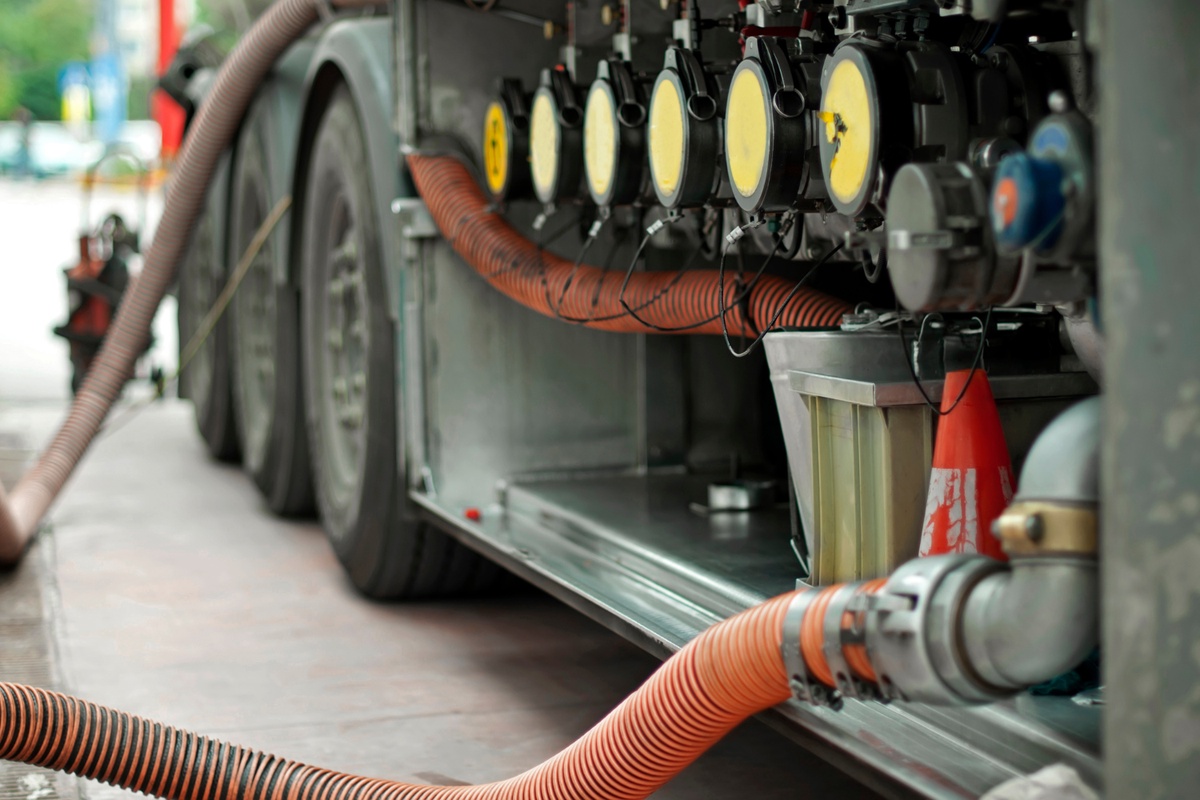Domestic fuel systems are the backbone of home heating, providing warmth and comfort during chilly seasons. However, like any mechanical system, they are susceptible to various issues that can disrupt their functionality. Understanding these common problems and knowing how to troubleshoot them is essential for homeowners to maintain a cozy and efficient living environment. In this comprehensive guide, we'll delve into the intricacies of domestic fuel systems, explore the most frequent issues encountered, and provide detailed troubleshooting tips to address them effectively.
Understanding the Components of a Domestic Fuel System:
A typical domestic fuel system comprises several essential components, including the fuel tank, fuel lines, fuel pump, filter, burner, and ignition system. Each component plays a crucial role in the system's operation, from storing and delivering fuel to igniting it for heat generation. Regular maintenance is paramount to prevent issues such as clogs, leaks, or malfunctions that can disrupt the system's performance.
1. Problem: No Heat or Insufficient Heat:
One of the most common issues homeowners face is the lack of heat or insufficient warmth from their heating system. Several factors could contribute to this problem, including low fuel levels, clogged filters restricting fuel flow, or malfunctioning burner or ignition systems. Troubleshooting steps include checking fuel levels, inspecting fuel lines and filters for blockages, restarting or resetting the system, and seeking professional assistance if necessary.
2. Problem: Strange Odors or Smells:
Unusual odors emanating from the heating system can be a cause for concern and should be addressed promptly. These odors may indicate leaks in the fuel lines or the buildup of soot or debris in the burner or chimney. Safety precautions are crucial when dealing with fuel-related odors to prevent potential hazards. Troubleshooting involves inspecting fuel lines for leaks, cleaning the burner and chimney to remove accumulated debris, and scheduling professional maintenance if needed.
3. Problem: Pilot Light Won't Stay Lit:
A pilot light that won't stay lit is another common issue encountered with domestic fuel systems. This problem could be due to a dirty or malfunctioning pilot light, thermocouple issues, or inadequate gas flow. Troubleshooting steps include cleaning the pilot light and thermocouple, ensuring proper gas flow to the pilot light, and replacing faulty components if necessary.
4. Problem: Unusual Sounds Coming from the System:
Strange noises emanating from the heating system can indicate underlying issues such as air bubbles in the fuel line, worn-out components, or loose fittings. Addressing these issues promptly is essential to prevent further damage or system failure. Troubleshooting tips include bleeding air from the fuel line, tightening loose fittings, and lubricating moving parts to reduce friction and noise.
5. Problem: Fuel Leaks:
Fuel leaks pose a significant safety risk and should be addressed immediately. These leaks may occur due to corroded or damaged fuel lines, loose fittings, or faulty seals. Safety precautions are paramount when dealing with fuel leaks to prevent fire hazards or environmental contamination. Troubleshooting steps involve inspecting fuel lines and fittings for damage, tightening connections, and replacing damaged components as needed.
6. Problem: Uneven Heating or Temperature Fluctuations:
Uneven heating or temperature fluctuations in different areas of the home can be indicative of issues such as clogged filters, air in the fuel line, or improper burner adjustment. Troubleshooting tips include cleaning or replacing filters to ensure proper airflow, bleeding air from the fuel line to improve fuel delivery, and adjusting the burner for optimal performance and heat distribution.
7. Problem: System Won't Start or Keeps Shutting Off:
If the heating system fails to start or frequently shuts off, several factors could be at play, including electrical issues, fuel supply problems, or malfunctioning safety features. Troubleshooting steps include checking electrical connections for loose or damaged wires, ensuring an adequate fuel supply to the system, and resetting safety features such as pressure switches or limit switches.
Conclusion:
Maintaining a properly functioning domestic oil suppliers is essential for homeowners to enjoy consistent warmth and comfort in their homes. By understanding the common issues that can arise and following the troubleshooting tips provided in this guide, homeowners can effectively address problems as they occur and ensure the reliability and efficiency of their heating systems. However, for complex issues or those requiring specialized knowledge, seeking assistance from qualified professionals is recommended to ensure the safety and longevity of the system. With proactive maintenance and timely troubleshooting, homeowners can keep their domestic fuel systems running smoothly throughout the heating season.


No comments yet